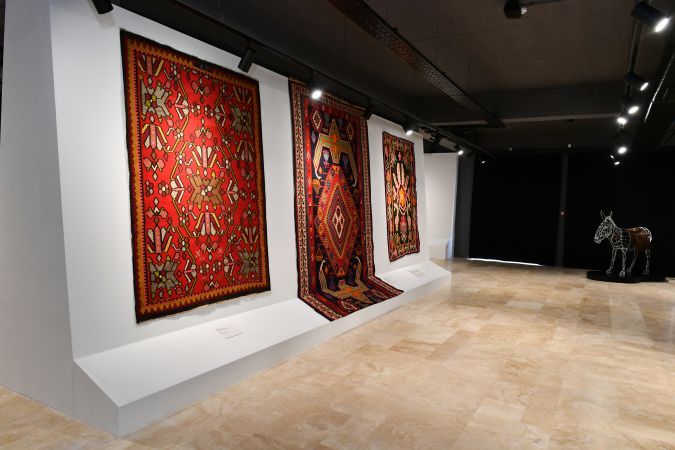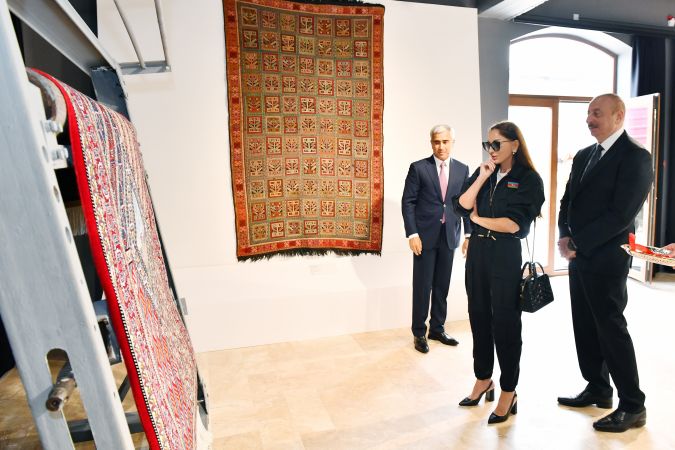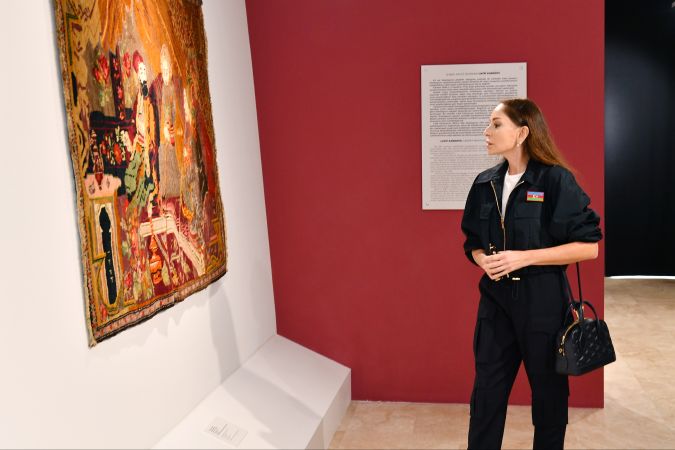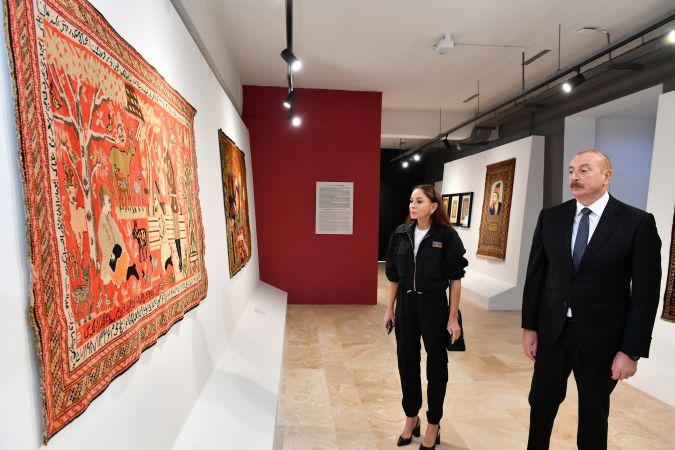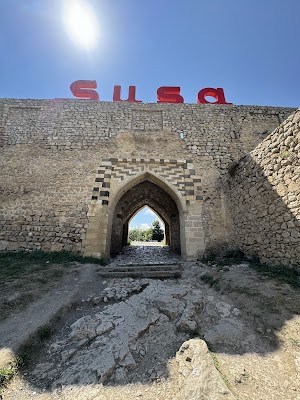Shusha History Museum (Şuşa Tarix Muzeyi)
Overview
The Xalça Muzeyi, also known as the Shusha History Museum, is nestled in the picturesque city of Shusha, located in the Shusha District of Azerbaijan. This cultural gem plays a vital role in preserving and showcasing the region's rich history and exceptional craftsmanship, particularly the renowned Azerbaijani carpets.
With deep roots in the heritage of Shusha, the Shusha History Museum was established to honor the exquisite art of carpet weaving—a tradition that has been lovingly passed down through generations. The museum boasts an impressive collection of carpets, each piece telling its own story and reflecting the cultural evolution of the region.
Constructed in the late 20th century, the museum was developed in response to burgeoning local and international interest in Azerbaijani carpets. The project was spearheaded by passionate art custodians and historians, who collaborated with local artisans and architects to bring this vision to life. The building itself exemplifies traditional Azerbaijani architecture, featuring intricate details that echo the patterns found in the carpets on display.
From its inception, the museum was designed not just as a showcase for these artistic masterpieces but as a space for education. Dedicated curators and experts meticulously planned the site to embody the essence of Shusha's cultural significance, ensuring that visitors would leave with a deeper understanding of the history and techniques of carpet weaving.
As you step inside the museum, you are immediately greeted by a vibrant array of expertly crafted carpets, each unique and rich in color. The exhibits are thoughtfully arranged by region, highlighting the diverse styles that originate from various parts of Azerbaijan. From intricate prayer rugs to grand tapestries that once adorned the homes of nobility, the collection is a feast for the eyes.
A key highlight of the museum is its dedicated section on the historical significance of Shusha. Known as a cultural center of the Caucasus, Shusha has a storied past, well-documented through an array of artifacts. Alongside the stunning carpets, the museum features historical manuscripts, traditional garments, and personal items that belonged to notable figures from the city.
The museum's commitment to education extends beyond static displays. Live demonstrations and hands-on workshops provide visitors with the opportunity to witness the traditional carpet weaving process firsthand. Participants can learn about the natural dyes used and the intricate techniques involved, creating a tangible connection to the art form that is cherished by both locals and tourists alike.
Moreover, the Xalça Muzeyi serves as a vital research hub, attracting historians and textile experts from around the globe to study Azerbaijani carpets. The museum's library is a treasure trove of resources, featuring books, photographs, and historical records that support ongoing scholarship and preservation efforts.
Recent renovations and expansions have ensured that the museum remains a modern facility while preserving its historical charm. The dedication to maintaining this space underscores its importance in safeguarding Azerbaijan's cultural heritage, especially during challenging times.
Recognizing its cultural significance, the museum has received support from both the Azerbaijani government and international cultural organizations. This backing has allowed it to maintain a dynamic collection and host special exhibitions that draw global audiences.
Ultimately, the Xalça Muzeyi stands as a testament to Shusha’s enduring legacy. It is more than just a museum; it is a vibrant custodian of a rich cultural tradition, an educational center, and a symbol of the Azerbaijani people's resilience and artistry.
Through its beautifully curated exhibits and unwavering commitment to cultural education, the museum continues to play a crucial role in preserving the historical and cultural tapestry of Shusha for generations to come.


